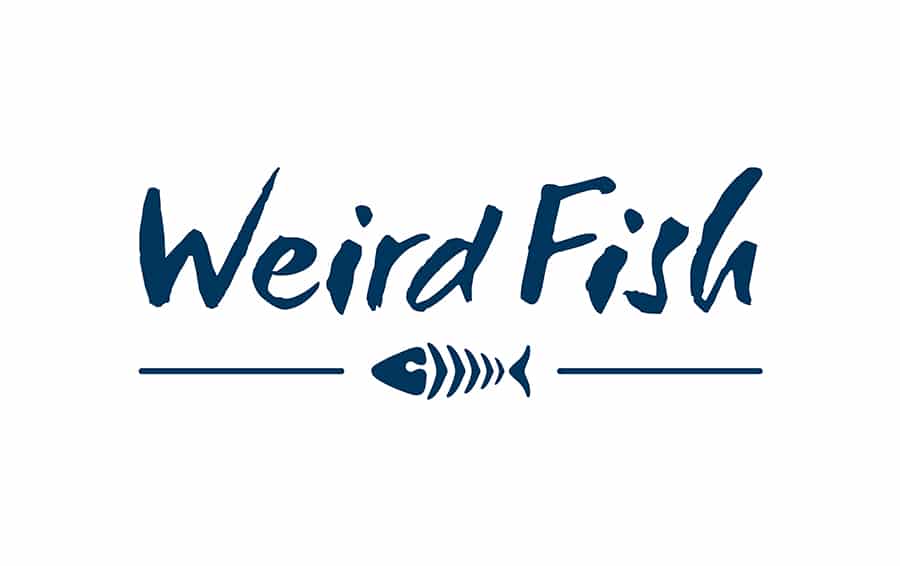Weird Fish, one of the UK’s most reputable lifestyle clothing brands renowned for its fresh, laid back styling and fabric quality, has seen demand for sustainable clothing increase significantly over the last two years.
Its Bamboo Collection delivered revenue in excess of £800,000 in the year to date, 35 times the figure generated in 2019. Revenue from the collection, which offers a selection of activewear including hoodies, leggings and shorts, increased by 82 per cent from Q1 to Q2 of 2021.
Revenue from Weird Fish’ Eco Macaroni range, made with mix of organic cotton, recycled polyester and natural viscose, also doubled to almost £2m over the same period, with unit sales this year already outperforming sales for 2020.
John Stockton, CEO of Weird Fish commented, “The dramatic increase in revenue from our latest sustainable ranges speaks for itself. Consumer sentiment toward womenswear and menswear is changing. In some cases, changing fast. Purchase decisions are increasingly being influenced by how consumers view a brand and particularly its approach to sustainability. Consumers are becoming much better informed and demanding more sustainable approaches.
“The negative environmental impact of fast fashion is now well documented, with many consumers aware that dyes in their clothing can be very harmful for the planet. Whilst working conditions along the supply chain often fall far short of the standards many British consumers would expect and want to endorse.”
This shift in preference is forcing businesses to react accordingly, ensuring greater traceability along the supply chain and investing in sourcing sustainable materials for production.
CEO John Stockton accepts that while the brand still has a way to go, the company has established and met, ahead of schedule, some lofty ambitions for increased sustainability across the business. In 2019, Weird Fish became the first retailer in the UK to replace plastic bags with bags made from grass pulp, which use a fraction of the water needed to produce plastic bags.
John concluded, “It’s been crucial for us to introduce different sustainable materials into our ranges and clearly the demand is there. Organic and sustainable material can be more expensive than their standard counterparts, but we are committed to offering good value while driving the sustainability agenda forward.
“At Weird Fish, we’re certainly on the right path and see ourselves as the antidote to fast fashion. We’re very proud of our success this year, and expect to see significant growth in sustainable clothing into 2022 and beyond. Now, we would love to see more industry giants joining us in banging the sustainability drum.”






